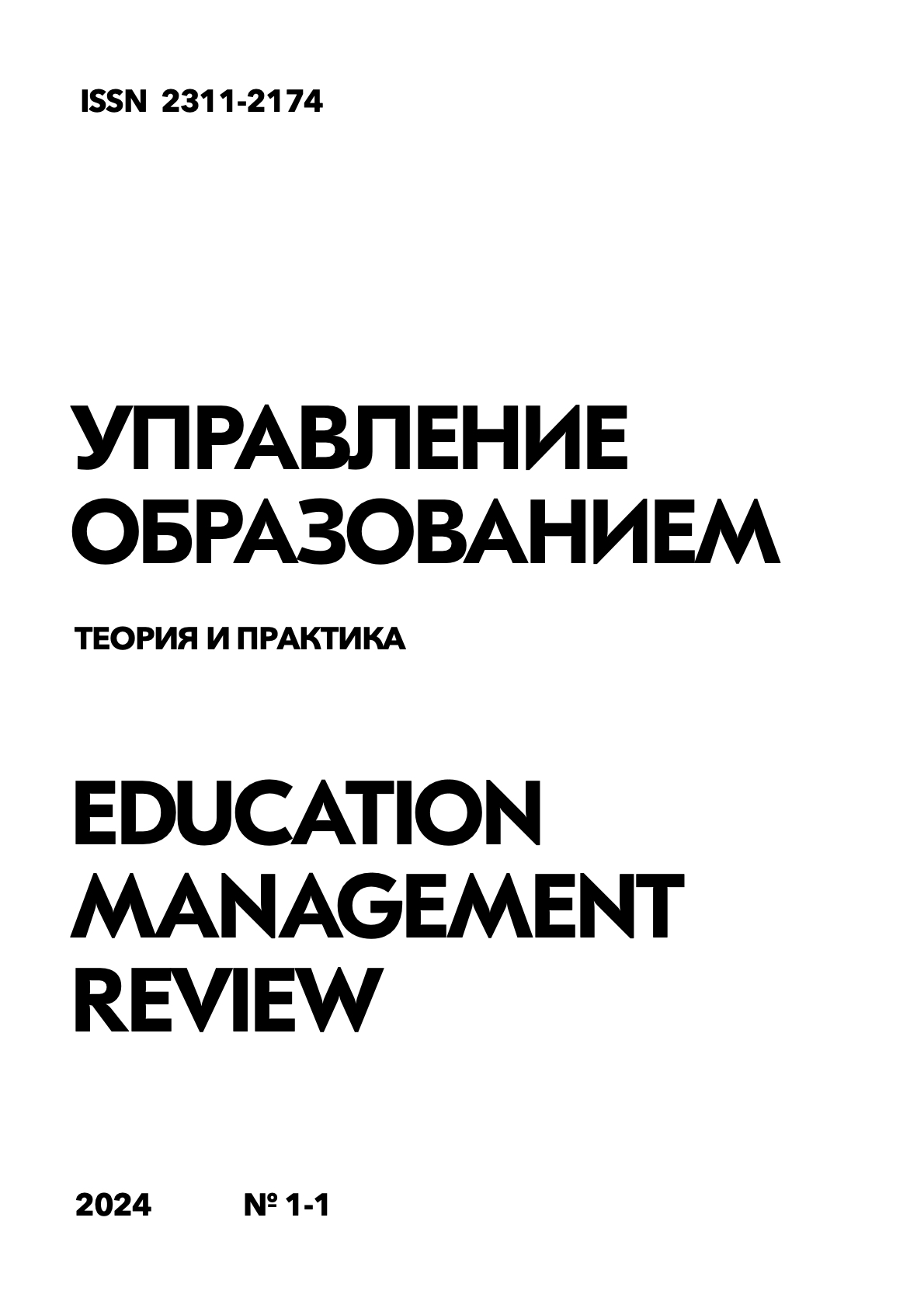Features of motivation of Chinese primary school children for physical activity
DOI:
https://doi.org/10.25726/e3305-0741-1174-lKeywords:
emotional intellect, music teaching, education, emotions, regulation, comprehensive developmentAbstract
Modern reality puts forward serious demands for the widespread introduction of quality education, which, in turn, is aimed at the comprehensive development of the individual. It is for this reason that emotional intelligence is attracting more and more attention from scientists, both in Russia and around the world. The object of the study is not only emotional intelligence as a phenomenon, but also its influence on the academic performance of schoolchildren and their socialization. Music education is different and plays a crucial role in improving the emotional intelligence of students. The ability of students to build relationships with peers, parents, teachers, as well as understand their desires, emotions and motivation depends on the level of development of emotional competencies. The article analyzes the components of emotional intelligence and the features of its formation in the process of training musicians. The conclusion is formulated that the formation and development of emotional intelligence is a consistent and complex process that requires effort on the part of both the teacher and the student. Both aspiring and current musicians must be capable of not only self-reflection, but also empathy. The ability to understand, manage and control one's own and others' emotions is an important skill for any member of modern society.
References
Анцыферова Л.И. К психологии личности как развивающейся системе // Психология формирования и развития личности. 1981. С. 3-19.
Безбородова Л.А. Теоретические и практические основы проектирования процесса музыкального образования младших школьников. Москва: тип. МПГУ, 2018. С. 167.
Горбатова О.В. Особенности социально-коммуникативной функции музыки в современной культуре // Культура. Духовность. Общество. 2014. №14. С. 141-145.
Елеференко И.О. Синергизм эмпатии // Общество. Среда. Развитие (Terra Humana). 2007. №4. С. 27-40.
Монина Г.Б. Эмоциональный интеллект как фактор личностного и профессионального роста // Ученые записки Санкт-Петербургского университета технологий управления и экономики. 2011. №3 (33). С. 88-94.
Пэй Чжисинь. Краткое обсуждение развития эмоционального интеллекта учащихся с помощью обучения музыке [J].Научный китайский язык, 2016 (12Z).
Чжан Айлинг. О развитии эмоционального интеллекта у учащихся средней школы при обучении музыке [J]. Журнал медицинского колледжа Цзинганшань. 2009. № 16 2). С. 22-23.
Шанг На. О развитии эмоционального интеллекта учащихся с помощью музыкального образования [J]. Журнал Наньчанской средней школы. 2009. № 24(3). С. 86-87.
Mayer, J.D., Salovey, P., Caruso, D. Emotional intelligence: Theory, findings, and implications / J.D. Mayer, P. Salovey, D. Caruso // Psychol. Inq. -2004. - Vol. 15. - No. 3. P. 197-215.
Mayer, J.D., Caruso, D.R, Salovey P. Emotional intelligence meets traditional standards for an intelligence // Intelligence. 1999. 27. P. 267–298.




